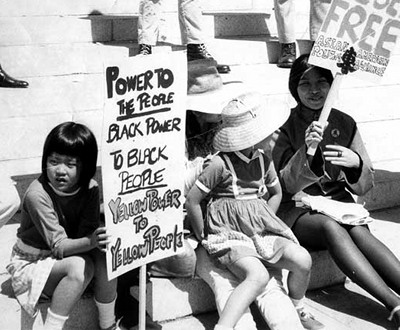Cross-posted at Geek Feminism
 There is sexism in tech culture. However, I continue to love tech, because I think of the sexism as a separate, unnecessary appendage to pure tech. I cannot think of sexism as intrinsic to or inevitable in tech, because then I would be either self-hating, or I would have to give up my love for technology. Maybe my personal ontology is compartmentalized thinking in order to survive as a woman in tech, but I think it’s also true.
There is sexism in tech culture. However, I continue to love tech, because I think of the sexism as a separate, unnecessary appendage to pure tech. I cannot think of sexism as intrinsic to or inevitable in tech, because then I would be either self-hating, or I would have to give up my love for technology. Maybe my personal ontology is compartmentalized thinking in order to survive as a woman in tech, but I think it’s also true.
Some people argue that for tech to “attract” women, the culture needs to be broadened to include humanistic aspects. However, this proposal may derive from the implicit sexist assumption that men really are better at tech, and women really are better at the humanities.
Actually, what I hate most about tech news sites is that when I go there for technology news, there are off-topic comments about love and relationships. It’s typically men discussing being single; having trouble with women; being Nice GuysTM; giving advice about what women really want; talking about how women have it easier; bragging about how even their grandmother/mother/wife can use technology X; and other sexist generalizations about women. In other words, the idea that pure tech scares away women, that tech culture is currently free of human influence, is a product of male privilege and the inability to recognize that the state of being male is not the state of being neutral.



